Spain Aims to Simplify Bureaucracy in the Agricultural Sector
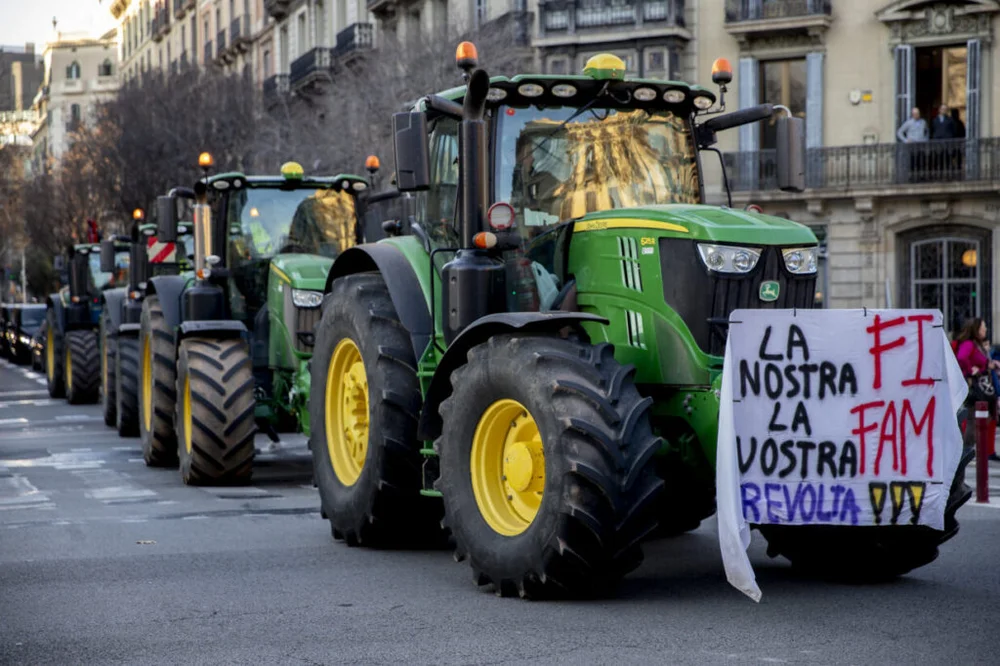
In a significant move to support the agricultural community, the Spanish government has pledged to simplify the bureaucratic processes affecting the sector. This initiative, highlighted during the Polish presidency of the European Union, is part of a broader effort to enhance the competitiveness and sustainability of Spanish and European agriculture.
Minister Luis Planas Leads the Charge
Minister for Agriculture, Fisheries and Food, Luis Planas, has been at the forefront of these discussions. During a recent meeting of the Consultative Council on Agricultural and Fisheries Policy, Planas emphasized the need to streamline the current procedures, which are often cumbersome and burdensome for farmers and agricultural operators.
Planas pointed out that the current performance settlement and simplification procedure is unacceptable and has called for urgent modifications to the basic acts of the Common Agricultural Policy (CAP). In November 2024, Spain, along with all EU ministers, sent a letter to the European Commissioner requesting these changes to prevent eligible expenditure from being left out of EU funding[1][2].
Key Reforms and Proposals
Several key reforms are on the table:
- Simplification of CAP Procedures: The Ministry is pushing for a more streamlined process to reduce the administrative burden on farmers. This includes revising the annual performance settlement procedure to make it less complex and more efficient.
- Regulation of Unfair Trading Practices: Spain's experience with its chain law, which prohibits selling at a loss and ensures transparency in price formation, will serve as a reference for new EU regulations aimed at combating unfair trading practices (UTPs) in the food chain.
- New Genomic Techniques: The government is keen on advancing the regulation of New Genomic Techniques (NGTs) to provide farmers with seeds better adapted to climate change and new production conditions. This is seen as crucial for maintaining the EU's agricultural sector at the forefront of technological advancements[2].
Fisheries Sector Reforms
In addition to agricultural reforms, Spain is also focusing on the fisheries sector. Planas has proposed a revision of the Multiannual Management Plan for the Western Mediterranean to ensure greater legal certainty and economic predictability for the fishing fleet. This includes limiting reductions and increases in fishing days to a maximum of 20%, allowing multiannual compliance measures, and recognizing the mixed nature of Mediterranean fisheries to avoid setting quotas solely based on the weakest fishery[1][2].
Trade and Market Issues
The government is also addressing trade issues, particularly the agreements with Mercosur and Mexico. The Mercosur agreement is seen as a significant opportunity for the European agri-food sector, offering the progressive elimination of tariffs for key Spanish products like olive oil, wine, and fruit. However, strict quotas and transitional periods will be implemented to protect sensitive European products. All imported products must meet stringent European food safety and animal welfare standards[1][2].
Environmental and Health Considerations
Environmental aspects are another focus area. The EU aims to integrate environmental considerations into the process of setting Maximum Residue Limits, including import tolerances. There is also a push to strengthen early health surveillance systems and biosecurity measures, particularly in light of recent outbreaks such as foot-and-mouth disease in Germany[2].
This comprehensive approach to simplifying bureaucracy and enhancing competitiveness is set to make a significant impact on Spain's agricultural sector, aligning with broader EU goals of sustainability and food security. As the Polish presidency of the EU continues, Spain's proactive stance is expected to drive meaningful changes that benefit both Spanish and European farmers.
Related Stories
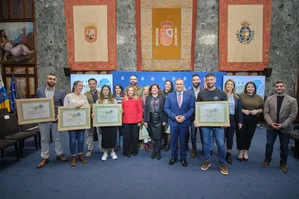
Cabildo de Gran Canaria Honors Young Agricultural Talent with AgroJoven 2025 Awards
Gran Canaria's AgroJoven 2025 awards honor young agricultural talents, showcasing innovations in sustainable farming and urban agriculture.
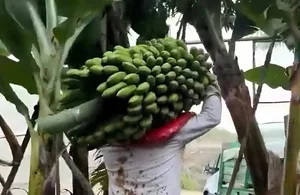
Crisis in the Canary Islands Banana Sector: Farmers Protest Against Asprocan's Management
Canary Islands banana farmers protest against Asprocan's management, citing lack of transparency, unfair pricing, and environmental concerns as the sector faces a severe crisis.
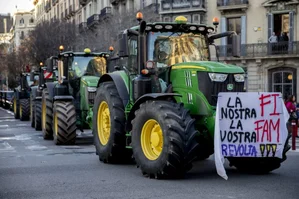
Spanish Farmers Take to the Streets Again: A Year of Unfulfilled Promises
Spanish farmers, disillusioned by a year of unfulfilled promises, are mobilizing once more against bureaucracy, low prices, and new trade threats.
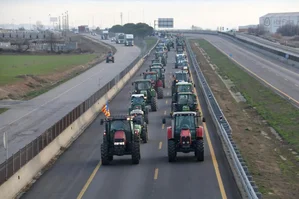
Farmers' Protest in Catalonia Called Off: A Sigh of Relief for Commuters
Catalonia's planned farmers' protest called off, bringing relief to commuters but leaving underlying agricultural issues unresolved.
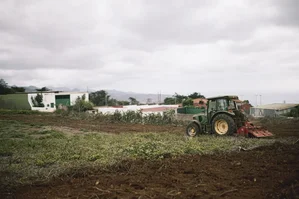
La Laguna Promotes Circular Economy in the Primary Sector with a Directory of Livestock Farms
La Laguna launches a directory of livestock farms to boost sustainability and circular economy practices, aiming to connect farmers, reduce waste, and promote resource sharing.